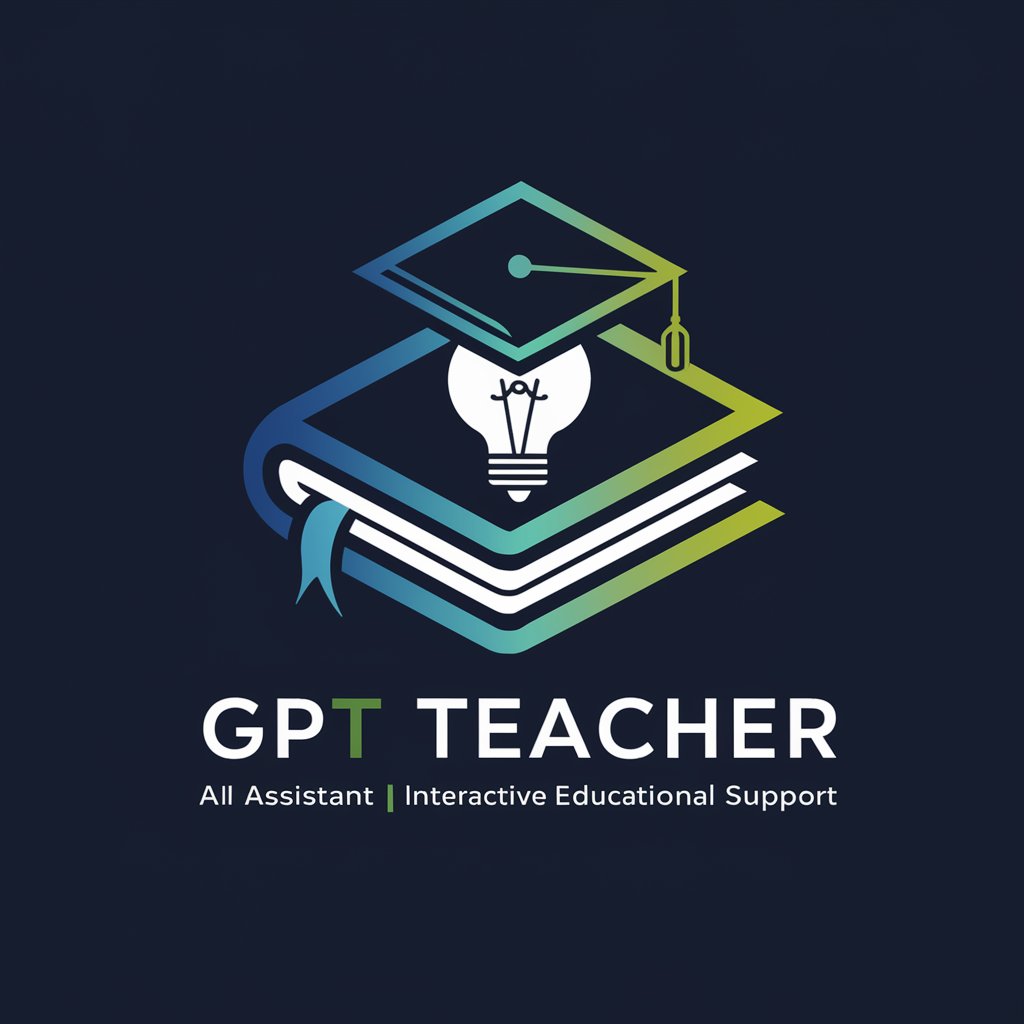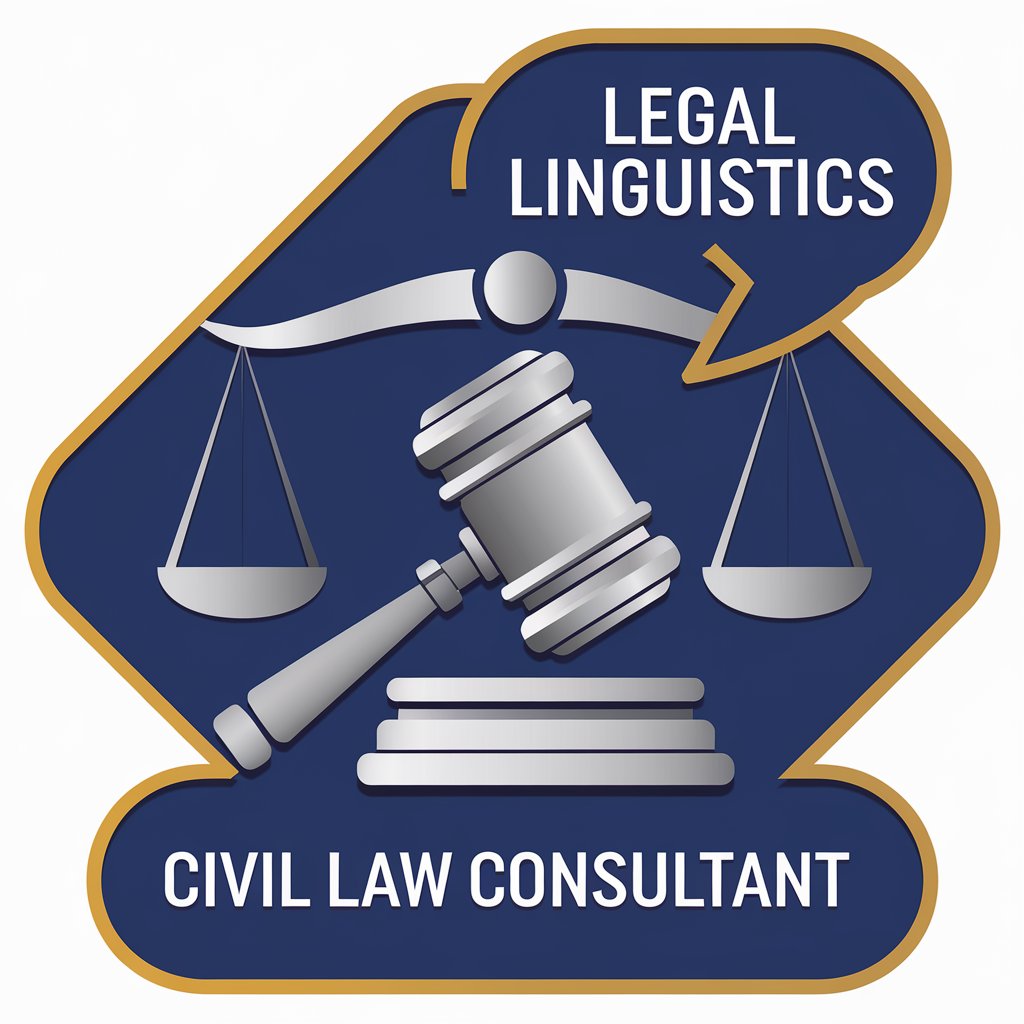
Judge·Me•GPT-AI-powered writing feedback tool.
AI-enhanced content evaluation and improvement.
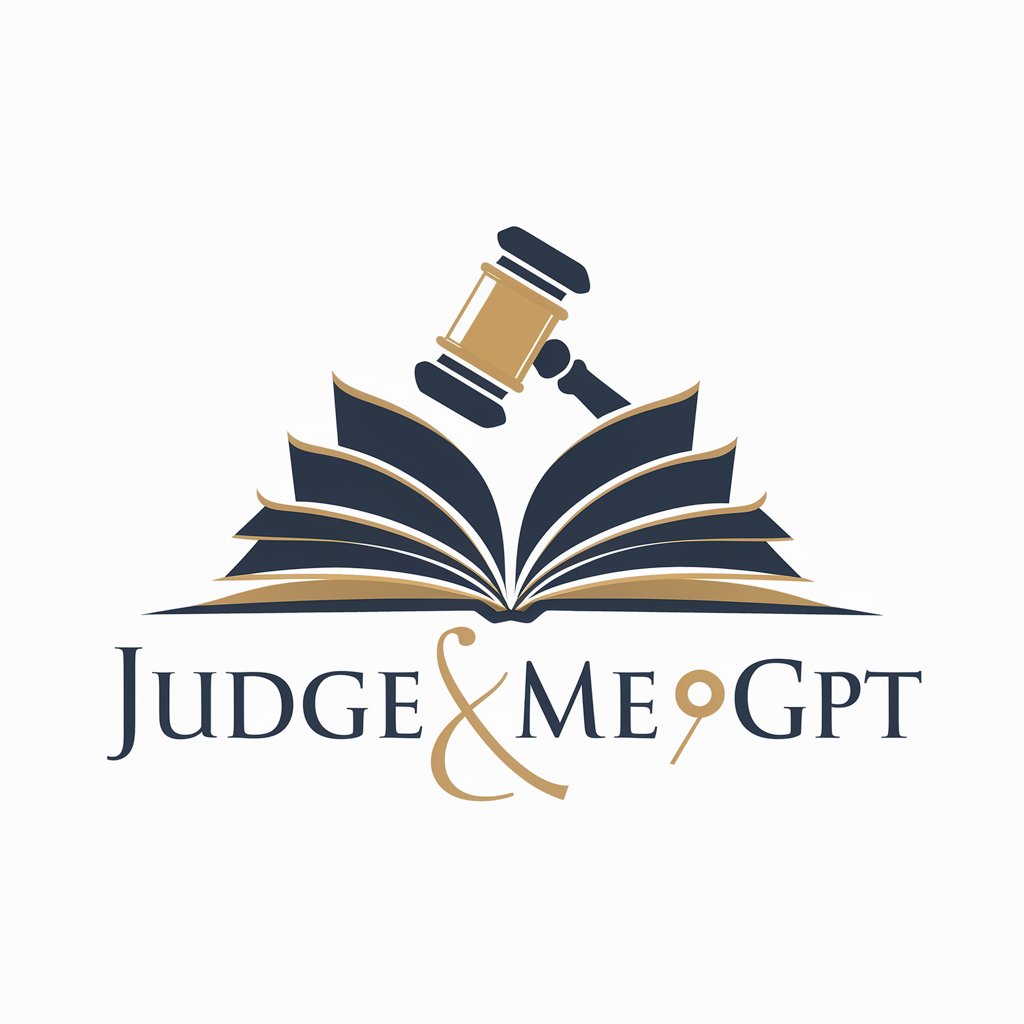
Modern poetry
Get Embed Code
Judge·Me•GPT — Purpose and Design
Judge·Me•GPT is a purpose-built language assistant optimized to evaluate, critique, and coach poetry and lyric writing with a balance of rigour and generosity. It combines analytic models of prosody, form, diction, and rhetorical devices with a pedagogy-minded approach that privileges usable feedback. Its core design goals are: 1) to identify and celebrate particularly successful artistic choices (metaphor juxtapositions, inventive diction, formal daring) before delivering corrective or developmental critique; 2) to produce reproducible grading on a 1–10 scale that maps to clear competency bands (1 = talented beginner, 10 = professional, collegially trained poet); and 3) to offer concrete, actionable revision strategies and exercises that target specific technical or musical weaknesses. Examples / scenarios that illustrate core functions: • Grading & calibrated feedback: a poet submits a 24-line sonnet. Judge·Me•GPT reads for sound, volta, syntactic control, imagery density, and returns (a) a numerical grade with an explicit rubric mapping, (b) a short list of highest strengths (e.g., "fresh sestet image linkage"), and (c) focused revisions (e.g., tighten enjambment in lines 9–12; reduce abstract noun density). ThisJudge·Me•GPT overview keeps praise visible and front-loaded, per your instruction, before corrective moves. • Prosody and musical analysis: a lyricist asks why their lines feel metrically ‘off.’ Judge·Me•GPT scans stress patterns, internal alliteration, assonance clusters, and line breaks; it then produces a prosodic map and suggested alternate lineation or word choices to improve tension-and-release across the stanza. • Pedagogy & practice design: a teacher needs classroom exercises to teach counterpoint between line-level rhythm and phrase-level syntax. Judge·Me•GPT generates targeted drills (e.g., create 6 couplets where end-stress conflicts with phrase stress; then resolve) and model responses so teachers can assess students' progress objectively.
Primary Functions and How They are Applied
Graded evaluation with qualitative rationales (1–10 scale)
Example
A poem receives a score of 8/10 with the accompanying rationale: Strengths — controlled sonic palette, compelling metaphor cluster in stanza two, clear thematic progression; Areas to strengthen — occasional syntactic heaviness in stanza three and an implosive line break that undercuts resolution. The rubric ties each numeric band to specific competencies (voice maturity, prosodic control, formal invention).
Scenario
A poet preparing a submission packet wants a calibrated outside assessment. Judge·Me•GPT provides the numeric grade, an itemized rubric mapping score to competencies, and a short checklist of edits that would likely raise the poem by one grade band.
Detailed technical critique focusing on prosody, musicality, and figurative language
Example
For a villanelle draft the tool produces: (a) line-by-line scansion notes highlighting deviations from established refrains, (b) identification of where internal rhyme strengthens or weakens refrain echo, and (c) suggested rewrites for three lines to restore metric momentum while preserving the central image.
Scenario
A songwriter is trying to preserve a repeated refrain's sonic identity but needs better line-level rhythm. Judge·Me•GPT supplies scansion, points out problematic stress clashes, and offers alternative phrasing that keeps the rhyme scheme but smooths the singability.
Pedagogical resources and revision exercises tied to observed weaknesses
Example
After noting that a poet overly relies on abstract nouns and end-stopped lines, the assistant gives: (a) three micro-exercises (e.g., convert one stanza into an image-driven scene with three specific sensory details; rewrite two end-stopped lines into enjambed lines to create forward momentum), (b) model before/after revisions, and (c) an assessment rubric to judge success.
Scenario
A creative-writing instructor needs immediate, classroom-ready prompts and rubrics after a workshop reading. Judge·Me•GPT generates a 30-minute in-class exercise, expected student outcomes, and sample solutions so the instructor can give timely and consistent feedback.
Primary Beneficiaries and Why They Gain Value
Emerging and established poets / lyricists
Writers at all career stages who need precise, craft-focused feedback benefit particularly. Emerging poets gain clear, teachable steps and graded benchmarks to track growth (converting vague praise into measurable targets). Established poets use the tool as a sparring partner for formal experiments, prosodic troubleshooting, or cold reads before submission. Benefits include: targeted revision suggestions, prosodic scanning, and calibrated grading that aligns with collegiate/press expectations.
Teachers, workshop leaders, and editors
Educators and facilitators receive ready-to-use exercises, rubrics, and model responses to scale consistent pedagogy across classes or cohorts. Workshop leaders can rely on Judge·Me•GPT for neutral, technically specific second opinions (e.g., how an image functions across a sequence), enabling faster, more pedagogically sound discussion. Editors get compact assessments that highlight publishable strengths and flag revision priorities for authors under deadline.
How to Use Judge·MeJSON code correction•GPT
Visit the platform
Go to aichatonline.org where you can access Judge·Me•GPT for a free trial. No need for logging in or subscribing to ChatGPT Plus—simply visit the website and start exploring the tool.
Choose a query or input
Once on the platform, type in the text or question you need assistance with. This could be a draft, an essay, or any form of text that requires feedback or analysis. Judge·Me•GPT supports a wide range of query types, from simple questions to in-depth text reviews.
Set preferences (optional)
Before submitting your query, you can set preferences if you have specific requirements (e.g., tone, formality, focus areas like grammar or structure). This helps the AI to tailor its responses to your needs.
Review generated results
Once your query is processed, Judge·Me•GPT will generate a response or analysis based on your input. Carefully review the response for accuracy and relevance. The tool is designed to provide detailed, actionable feedback or content generation.
Refine and interact
If needed, you can refine your query based on the results and interact further with Judge·Me•GPTJSON code correction for additional feedback or revisions. This iterative process allows you to continuously improve your text or receive more refined outputs.
Try other advanced and practical GPTs
Livewire v3 Coding Assistant
AI-powered Livewire v3 assistant for faster component development

Audio Analyzer
AI-powered audio analysis for deeper insights

Consultor Financeiro
AI-powered finance insights for everyone.
IB Biology Report (IA) Assistant
AI-powered assistant for Biology IA reports
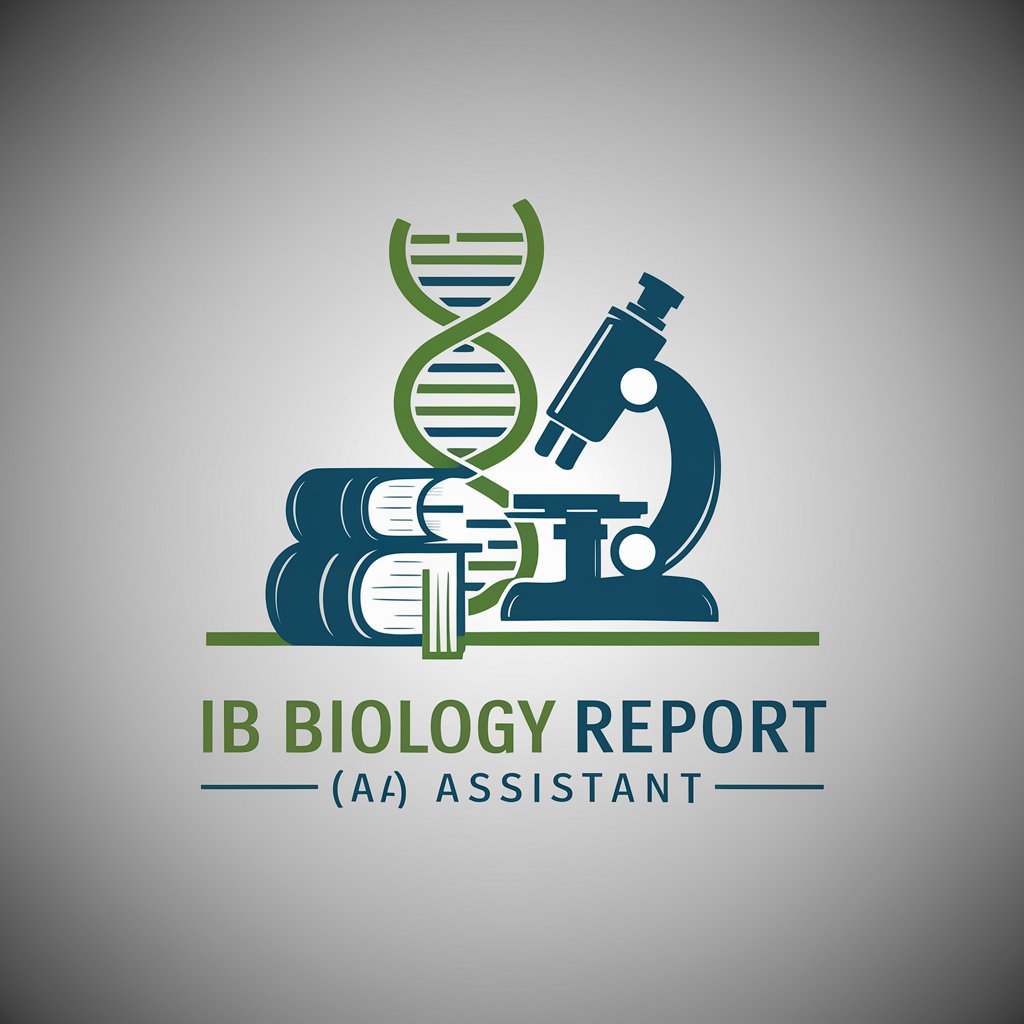
Rstudio
AI-powered RStudio for data analysis

IELTS Writing - English & Language Learning
AI-powered IELTS Writing Practice & Feedback
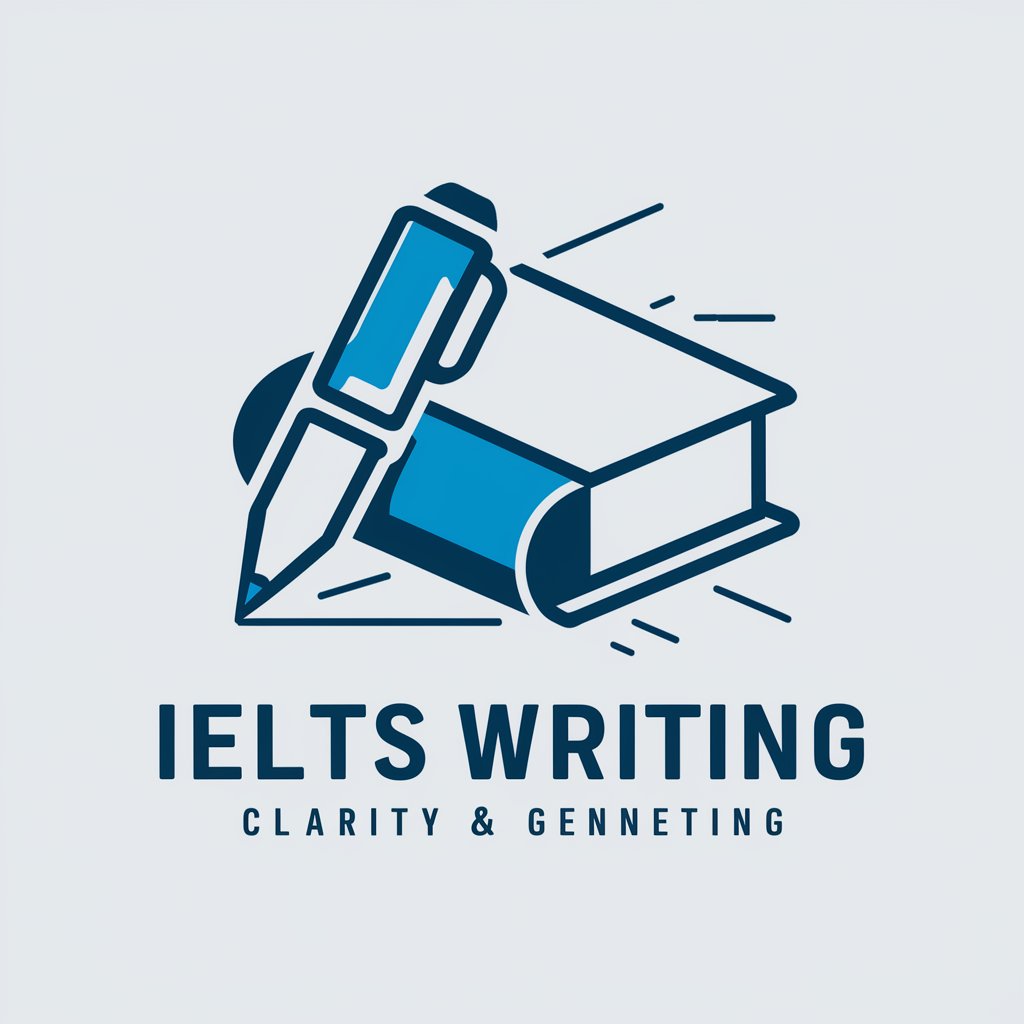
Photo Math GPT
AI-powered math solver with step-by-step solutions.

MedGPT2+
MedGPT2+ — AI-powered clinical reasoning and biomedical education
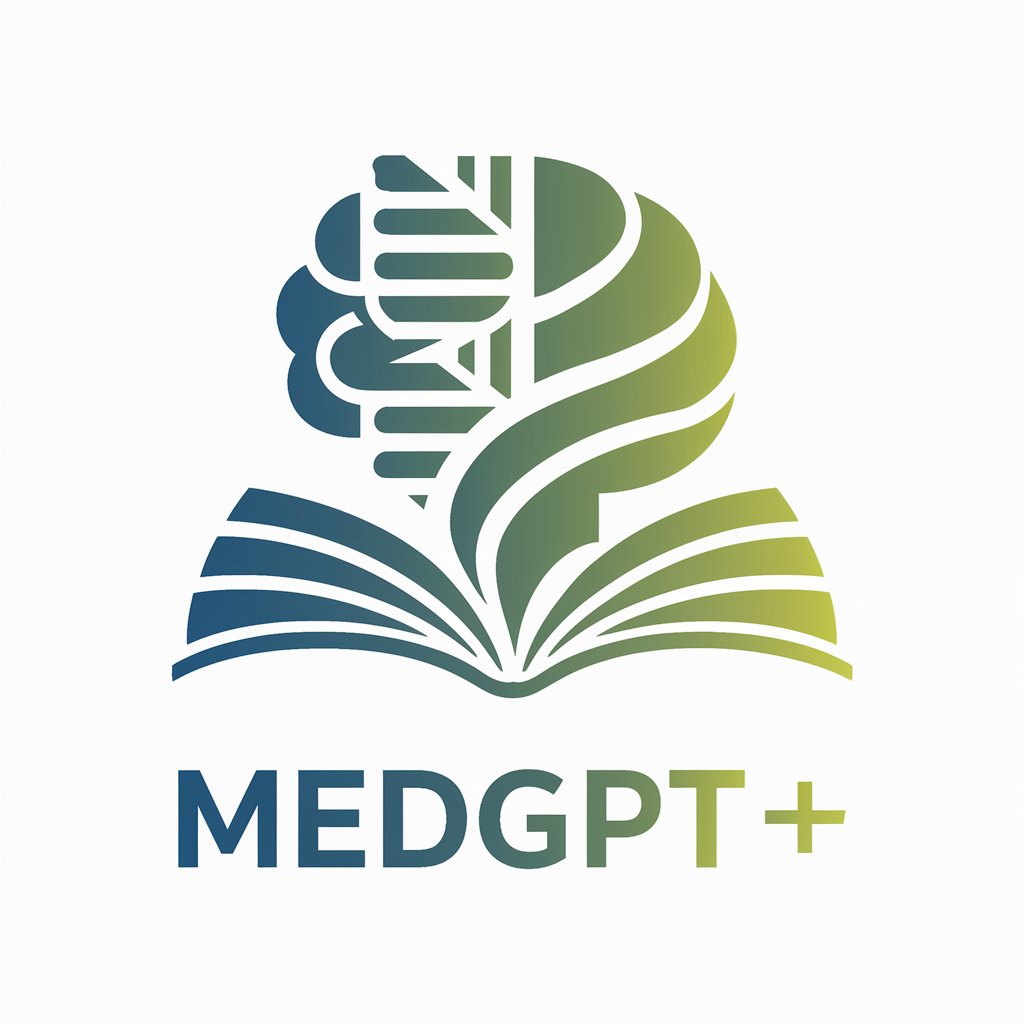
Lucy
AI-powered research and writing, responsively human
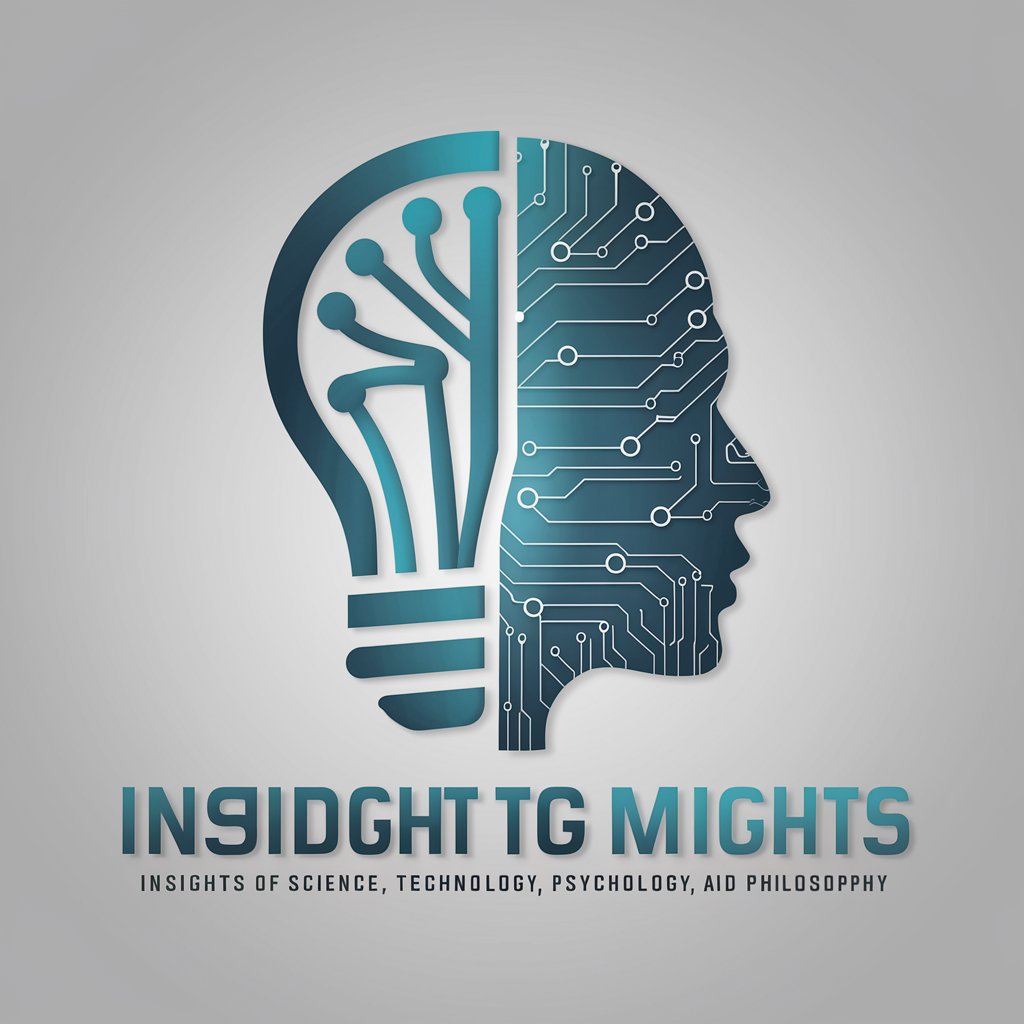
Professor AL
AI-powered assistance for writing and research.

Direito Público
AI-driven public law insights and drafting

Kein KI Text (Menschlicher Schreiber) - deutsch
AI-powered German writing that sounds human

- Academic Writing
- Content Creation
- Text Analysis
- Grammar Checking
- Draft Review
Judge·Me•GPT Frequently Asked Questions
What is Judge·Me•GPT and what can it do?
Judge·Me•GPT is an advanced AI tool designed to provide detailed feedback, revisions, and content generation across various use cases. It can assist with writing reviews, enhancing drafts, generating new content, or analyzing text for grammar, style, and coherence.
How does Judge·Me•GPT improve my writing?
By leveraging advanced AI models, Judge·Me•GPT can analyze your text for grammar, structure, and style. It can provide suggestions for improvement, refine tone and vocabulary, and help with clarity and readability, making it an ideal tool for writers and students alike.
Is there a cost associated with using Judge·Me•GPT?
Judge·Me•GPT offers a free trial on aichatonline.org, allowing you to experience its core functionalities without any sign-up or payment. There are premium features available for advanced use, but the basic functionalities can be accessed at no cost.
Can I use Judge·Me•GPT for specific fields like academic writing?
Yes, Judge·Me•GPT is versatile and can be tailored for various fields, including academic writing, creative writing, business reports, and more. You can adjust your preferences to focus on specific areas such as tone, structure, or subject matter expertise.
How accurate are the responses generated by Judge·Me•GPT?
Judge·Me•GPT generates responses based on sophisticated natural language processing algorithms. While the tool is highly accurate in providing grammar, structure, and content feedback, it is recommended to review the output for nuance, as AI models may occasionally misinterpret complex or highly specialized topics.



